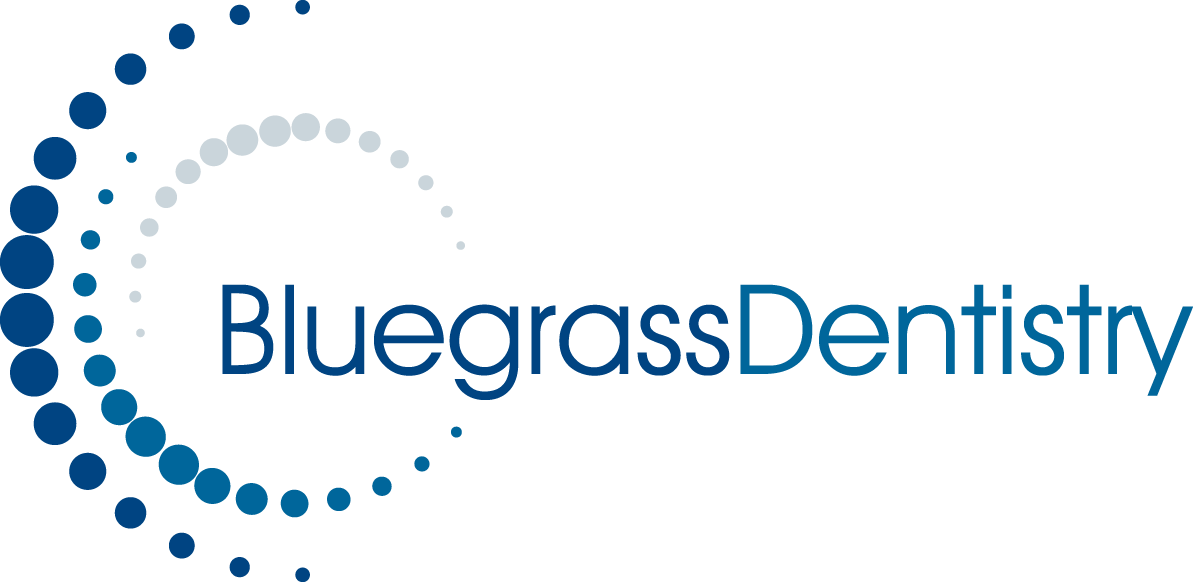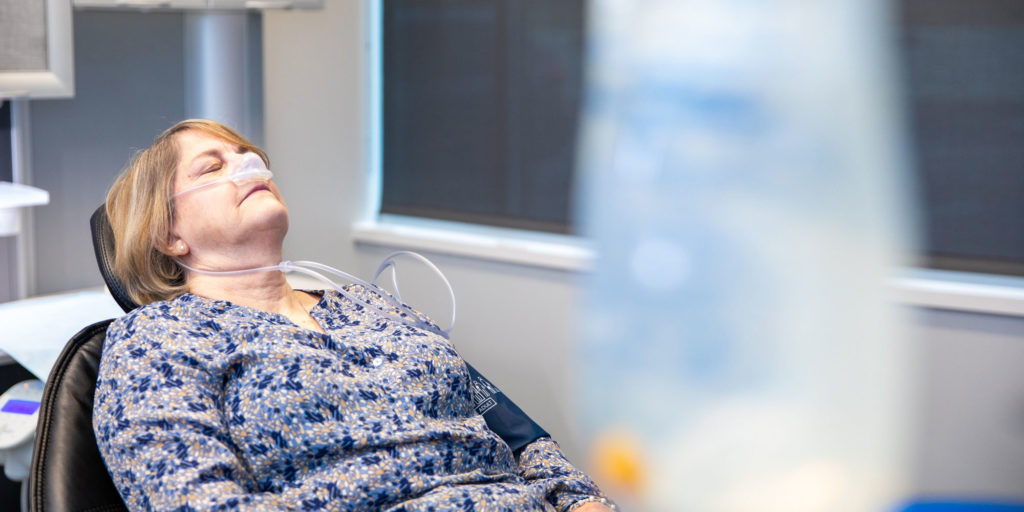
The Calming Effects of Sedation Dentistry
Does the thought of going to the dentist leave you feeling anxious? Are you reminded of past dental experience you wish you could forget? You are not alone. As many as 79% of people in America suffer from dental anxiety—and many of them don’t receive the necessary dental care as a result.
We understand your anxieties and can empathize with your situation! That’s why, along with providing a relaxing and judgment-free atmosphere, we offer personalized sedation dentistry in Lexington, KY. Our team is certified to provide multiple sedation techniques, including nitrous oxide or oral sedation to meet your unique needs.
You can experience a comfortable, stress-free dental appointment, and it starts at Bluegrass Dentistry!
Candidates for Sedation Dentistry
- Anxious about treatment, or dentists in general
- Affected by sensitive teeth and gums
- Uncomfortable with sounds and tastes at the dentist
- Anxious about complex dental treatment
- Have trouble getting numb
- Prefer to complete multi-part dental treatments in just one visit
- Are undergoing oral surgery (such as a tooth extraction)
- Have a severe gag reflex
- Suffer from profound dental anxiety or phobia
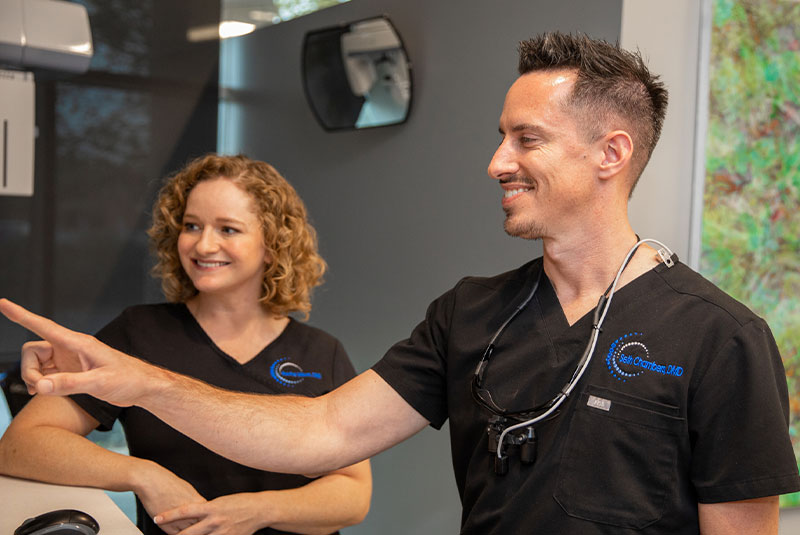
Our Personalized Sedation Options
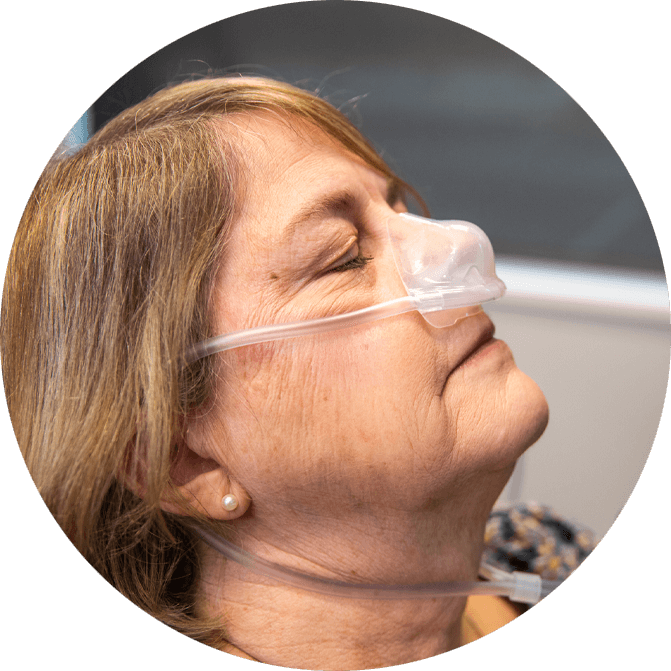
Nitrous Oxide Sedation
Nitrous oxide, otherwise known as “laughing gas,” is a very mild form of sedation that can help decrease your anxiety about having dental procedures completed. This type of sedation does not have many restrictions, so virtually any patient is a candidate for nitrous oxide sedation (even kids!).
Nitrous oxide does not produce any long-lasting side effects after the dental procedure is over. There are also no eating restrictions before or after using nitrous oxide, and you can drive yourself to and from your dental appointment.

Oral Sedation
Oral sedation dental anesthesia offers a gentle and effective solution for easing dental anxiety. Administered as a prescribed tablet, it induces a calming sensation that helps patients feel more relaxed during their dental procedures.
This approach allows you to remain conscious and responsive while significantly reducing your anxiety, making it an ideal sedation dentistry option for those seeking a tranquil dental experience.
We’re here to ease your dental anxiety.
Request your sedation dentistry appointment today.
